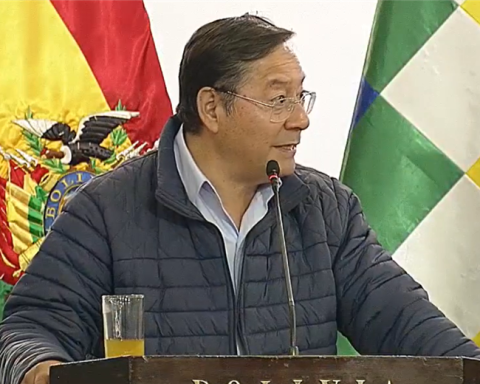Researchers from the Universidade Estadual Paulista (Unesp) are studying the application of organic fertilizers, produced from the composting of sludge from sewage treatment, in order to determine the best practices for managing the compost in crops. Among the investigations carried out, there were positive results in the use of fertilizer as an organic source of nutrients for the Cerrado soil, in corn and soybean crops.
The studies, developed by the Study Group on Nutrition, Fertilization and Soil Fertility (Genafert) at the Ilha Solteira campus of Unesp and led by Professor Thiago Nogueira, involve variables such as the search for the most adequate dose for application in plantations, the frequency and more effective way of this application, in addition to identifying the crops that present better returns after the application of the compost.
In one of the research stages, developed during the master’s project by Adrielle Rodrigues Prates, the data showed that the application of compost from sewage treatment increased the concentration of micronutrients in the soil and leaves, in addition to increasing productivity by 67%. of soy, in comparison with the Brazilian average.
“The Cerrado soil is a region where fertility is usually low, where the limits and nutrients are low, and what happens is a limitation in the production of crops. Then [nesta fase do estudo] the focus was to use this compound as a source of micronutrients, coupled with conventional mineral fertilization, and also studying the form of application – in the total area or in between the crops -, what would be the best form of application and the best dose”, explained Adrielle .
After applying the compost and sowing the soybeans, the researchers sowed the corn to study the residual effect of the fertilizer on this second crop, which also resulted in a benefit in terms of productivity. Corn had an increase of more than 100% in productivity in relation to the Brazilian average, as pointed out by Adrielle.
The researcher explained that the increase in the concentration of micronutrients in the soil, resulting from the use of compost from sewage treatment sludge, is important because the soil behaves as a nutrient reserve for the plant.
“If you increase these nutrients to adequate levels, the soil will supply them to the plant. And, when the plant is well nourished, with adequate levels, it manages to properly develop its entire cycle and manages to increase its production, so that it has no limitations, it does not have any nutrients. [faltante] that is limiting its development, its production”, he said.
She assesses the need for a long-term study of this application of the compost, to monitor how the soil will behave and to avoid toxic events in crops. “It is important, in addition to the research for the best dose and the best way of application, this long-term study, to see how the health of this soil is, how the increase in the levels will be. [de nutrientes].”
In addition to the benefit for plantations, the composting of this material resulting from sewage treatment can reduce environmental pollution and the volume of organic matter that ends up in landfills. “This whole process brings, in addition to the benefit for agriculture, an environmental benefit. For all care in the composting process, which eliminates pathogenic microorganisms and makes heavy metals unavailable to the plant, the risk to the environment becomes much smaller.”
“In addition, sewage sludge is normally disposed of in a sanitary landfill. It can be dumped in water courses causing pollution. So, this proper use of the compound [oriundo] from the sludge, going through the composting process, applying it in the correct dose, it brings a benefit to both agriculture and the environment, because this residue is not being thrown in landfills, in water courses or incinerated, it has an adequate final destination” , explained the researcher.















